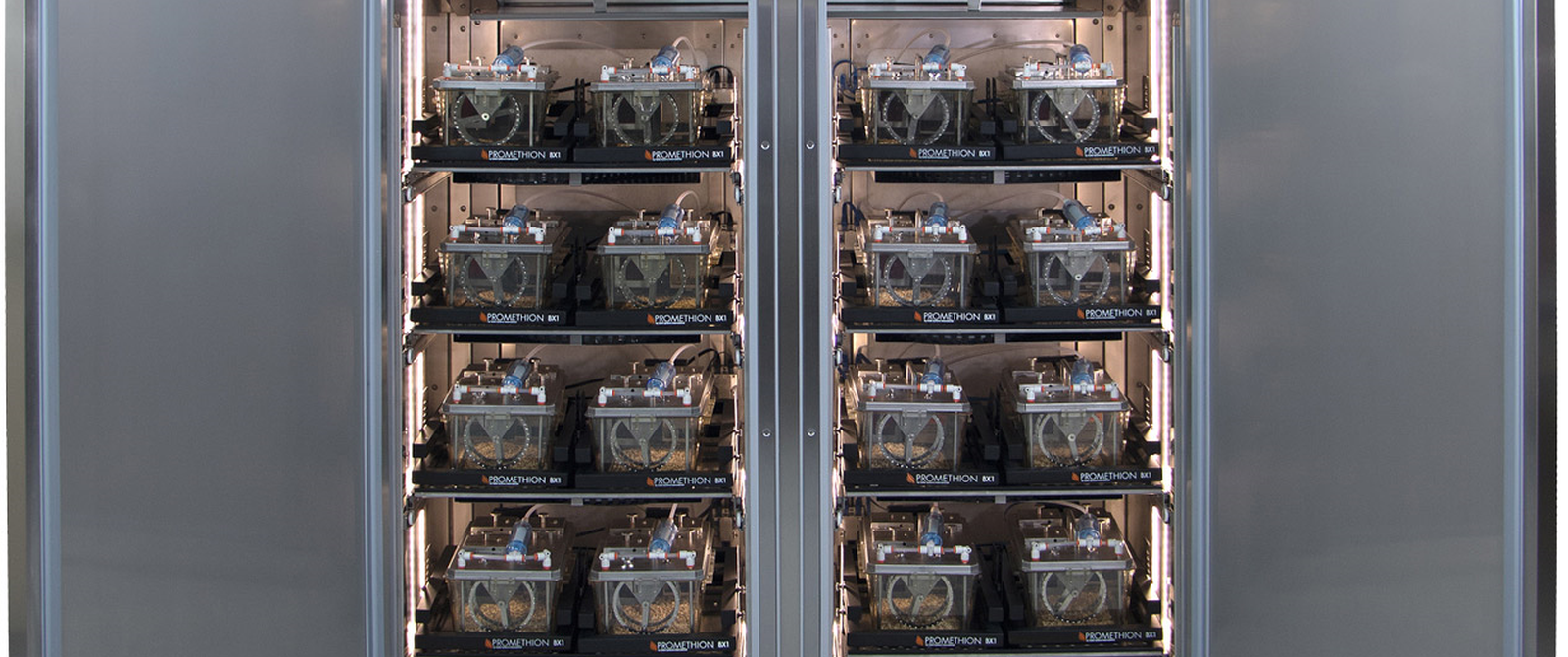Yann Ravussin
Senior Researcher
PER 09 - 1.111
+41 26 300 8624
E-mail

Body weight is physiologically regulated so that most people maintain a similar body weight from year-to-year even in the absence of careful measures of ingested calories and/or attention to exercise regimens. Neuronal and hormonal systems coordinately monitor changes in body weight and nutritional status that affect hunger and metabolism.
Nevertheless, this system is far from perfect as it evolved in our ancestors that lived in a very different environmental setting than modern times in which food was likely only available in an intermittent fashion and the macronutrient and micronutrient composition was drastically different. It is within this context that our laboratory is exploring a range of physiological, metabolic, and molecular consequences of changes in body weight and nutrition and how these affect a range of modern-day metabolic consequences. We are particularly interested in the metabolic consequences of rapid weight gain and have developed an experimental model using mice1,2.
The laboratory currently uses a range of approaches to study the consequences of changes in nutrition and body weight on metabolic health. This includes a specialized surgical technique in which a gastric tube is placed directly into a mouse’s stomach allowing us to quantitatively and qualitatively alter the nutrition delivered. Furthermore, we use a state-of-the-art multiplexed 16 chamber indirect calorimetry system and behavior phenotyping system to further explore the consequences of nutrition and body weight changes on feeding behavior, metabolism, and propensity for exercise. Finally, we use proteomics and RNA-sequencing to elucidate changes in various organs.
Senior Researcher
PER 09 - 1.111
+41 26 300 8624
E-mail